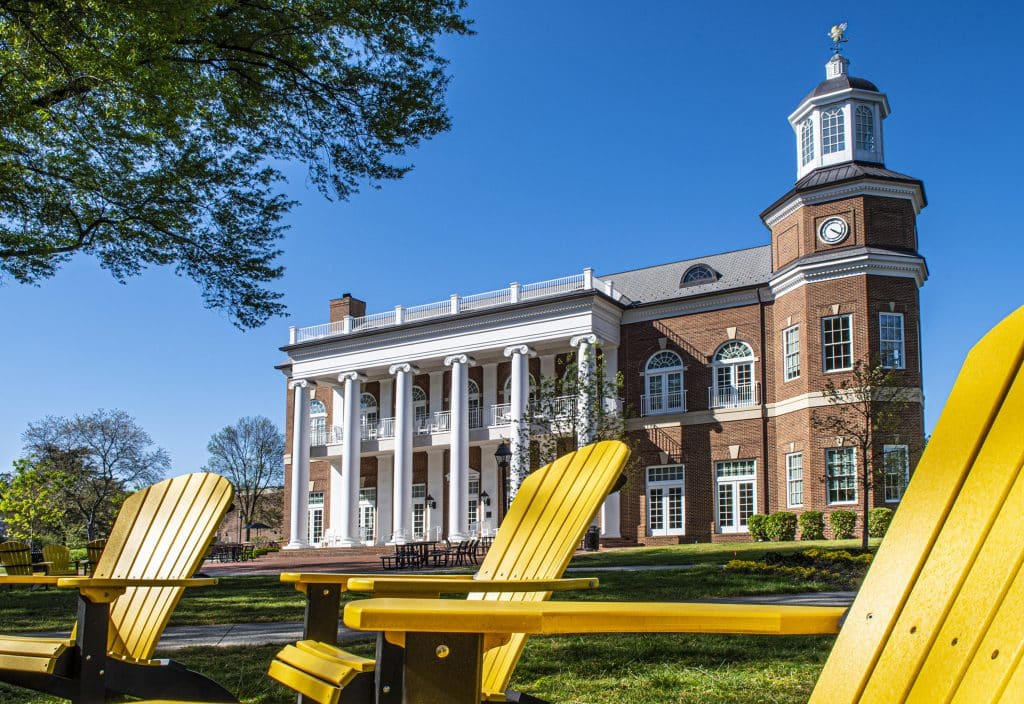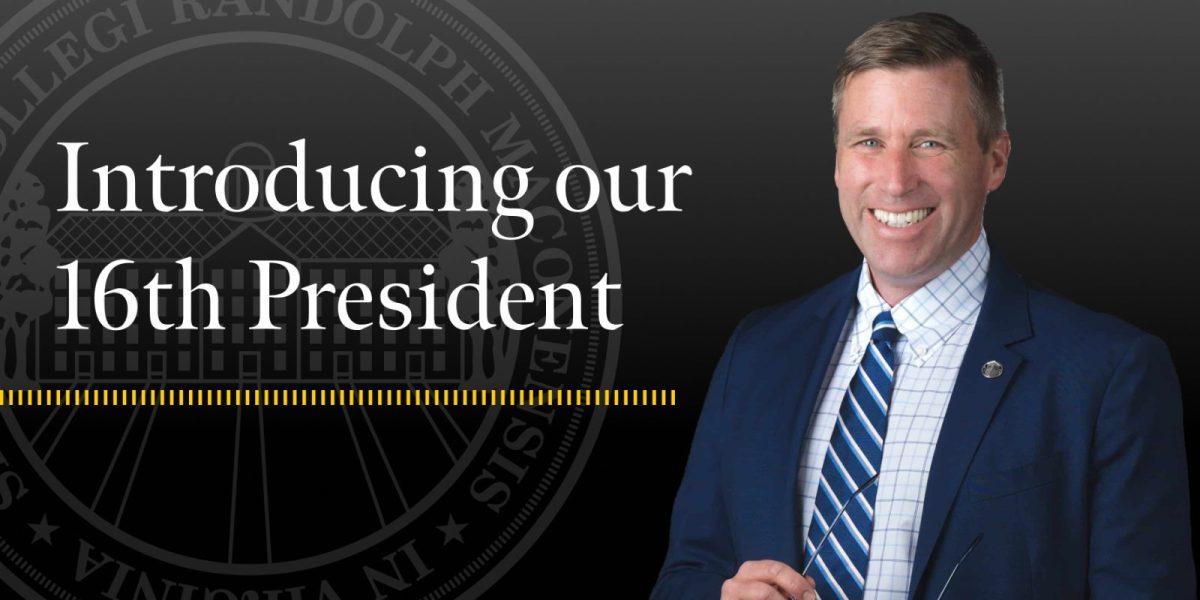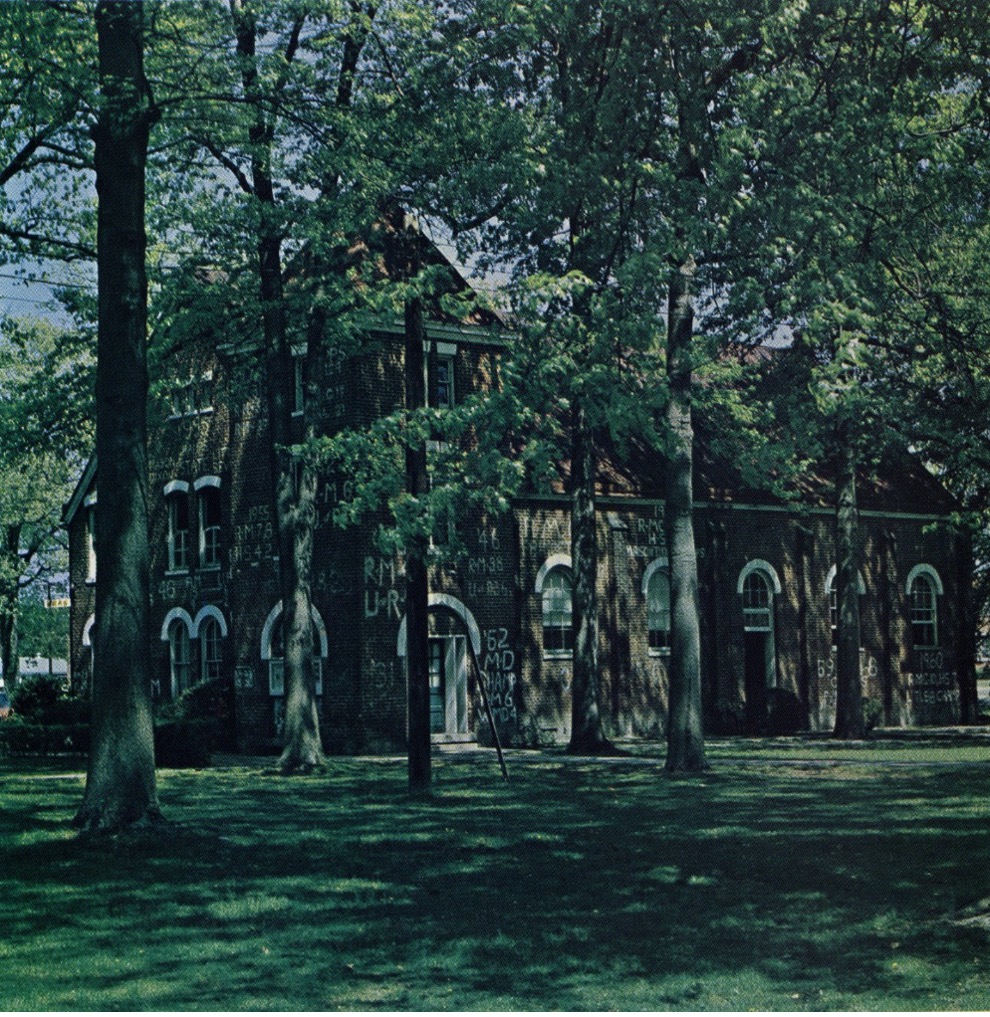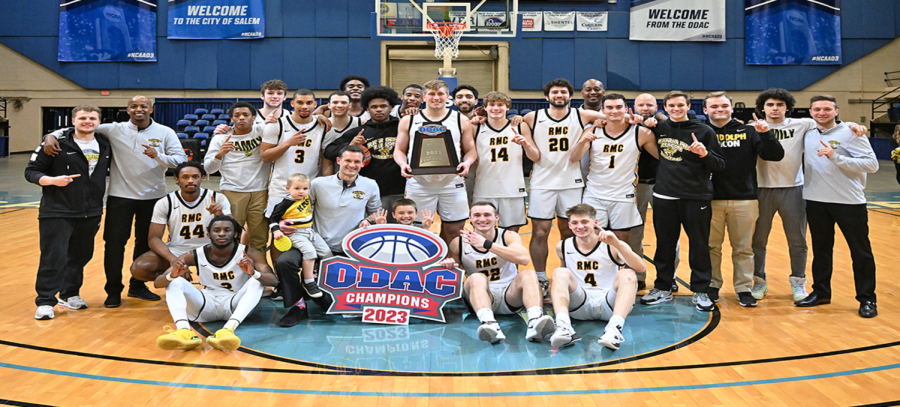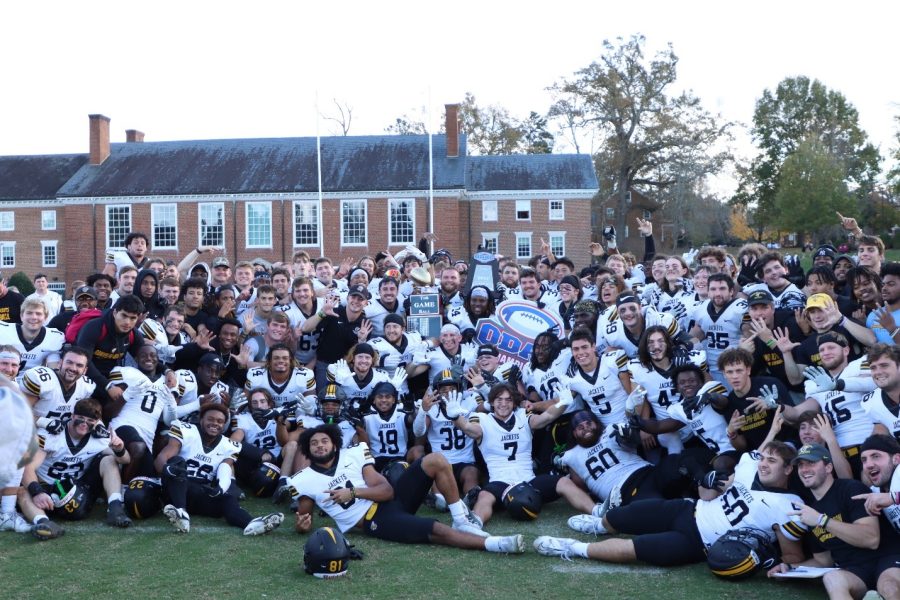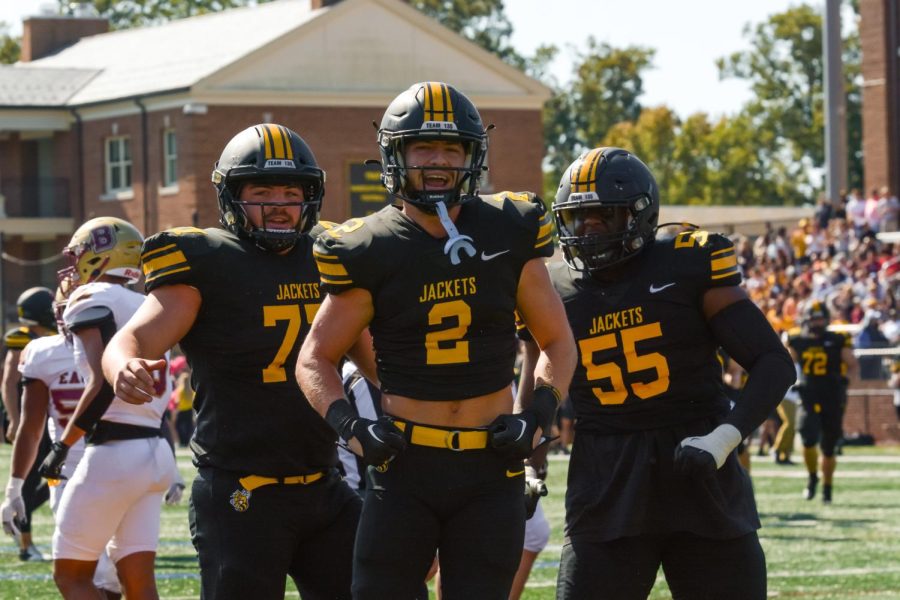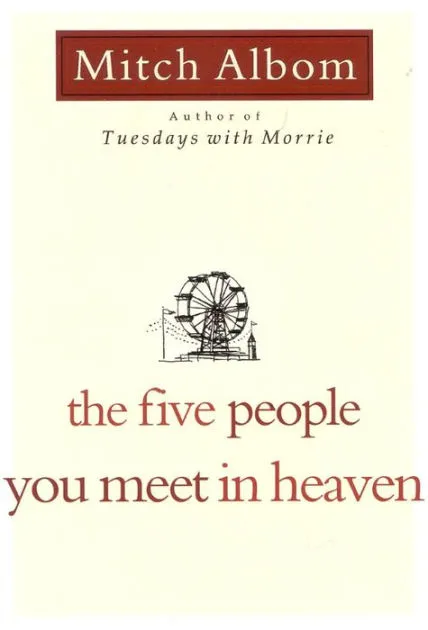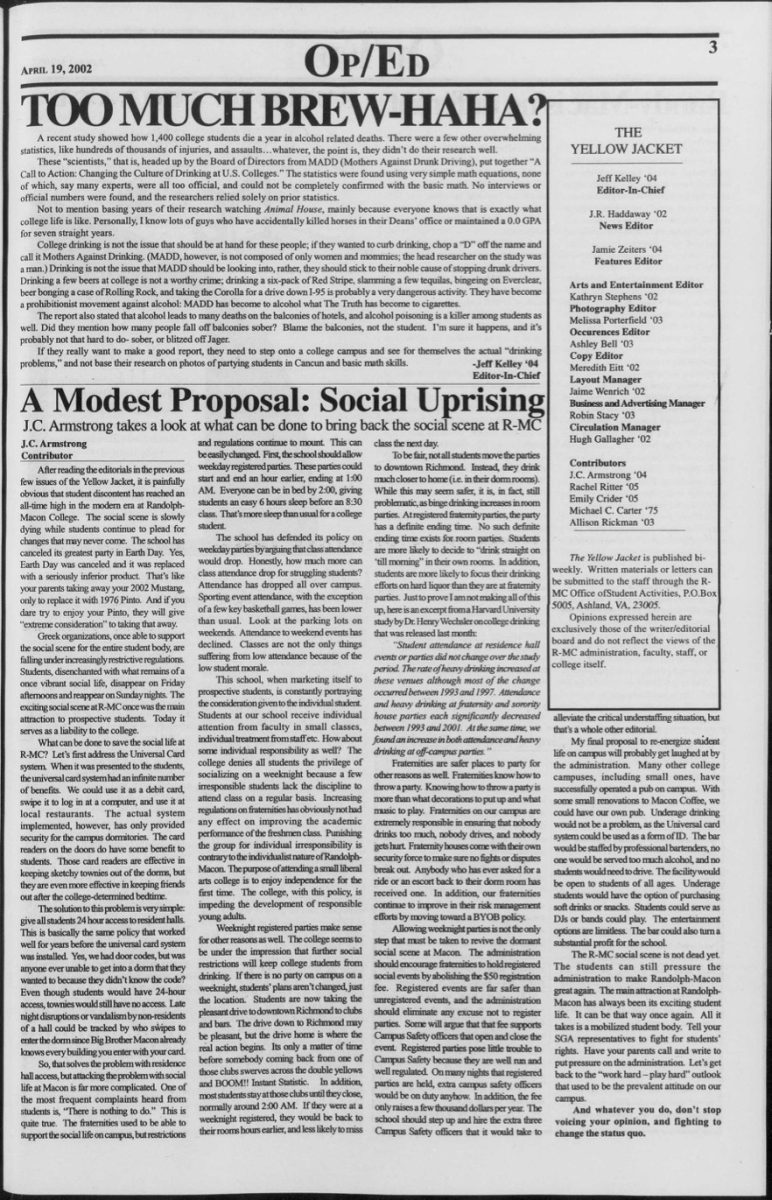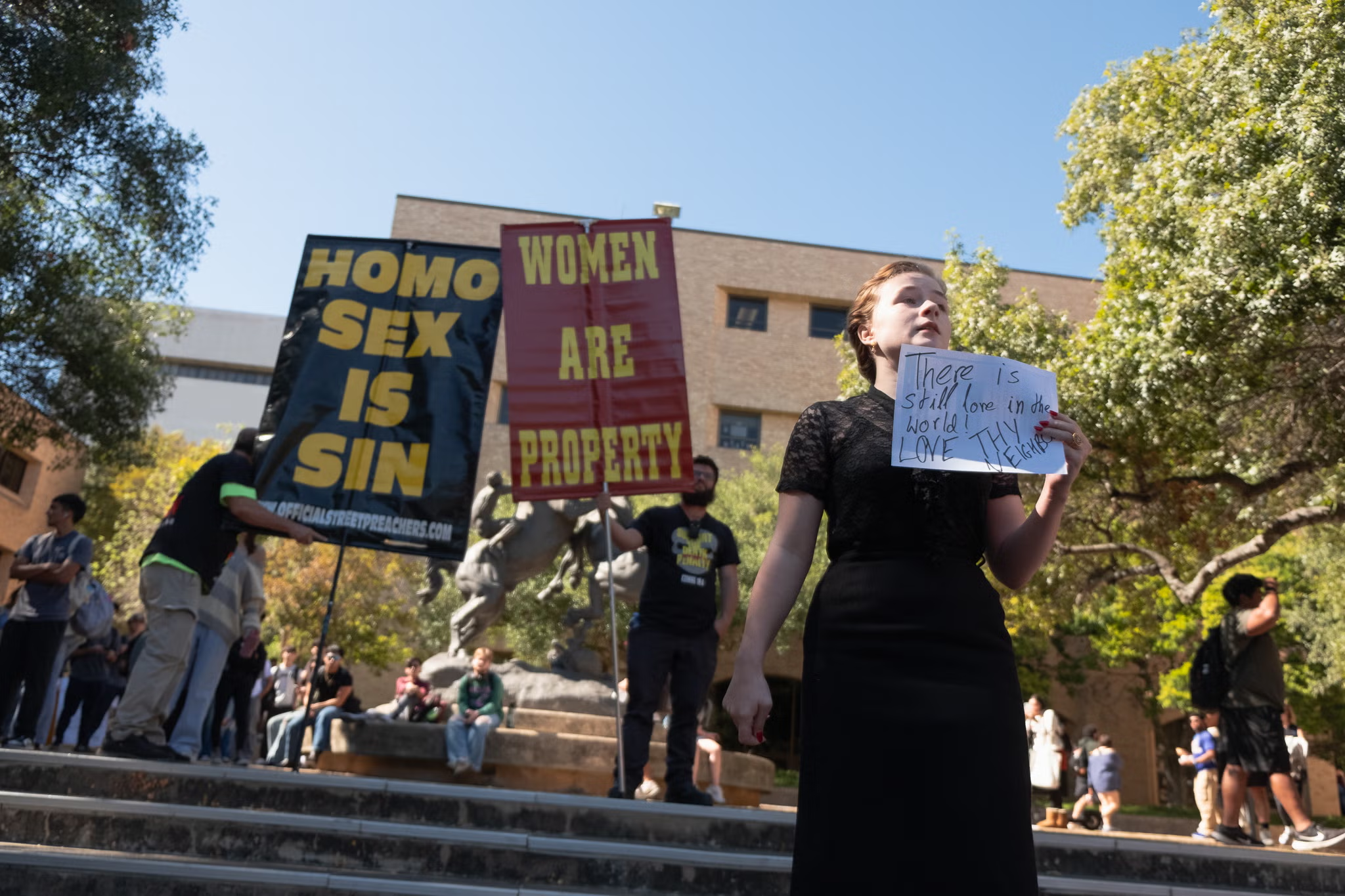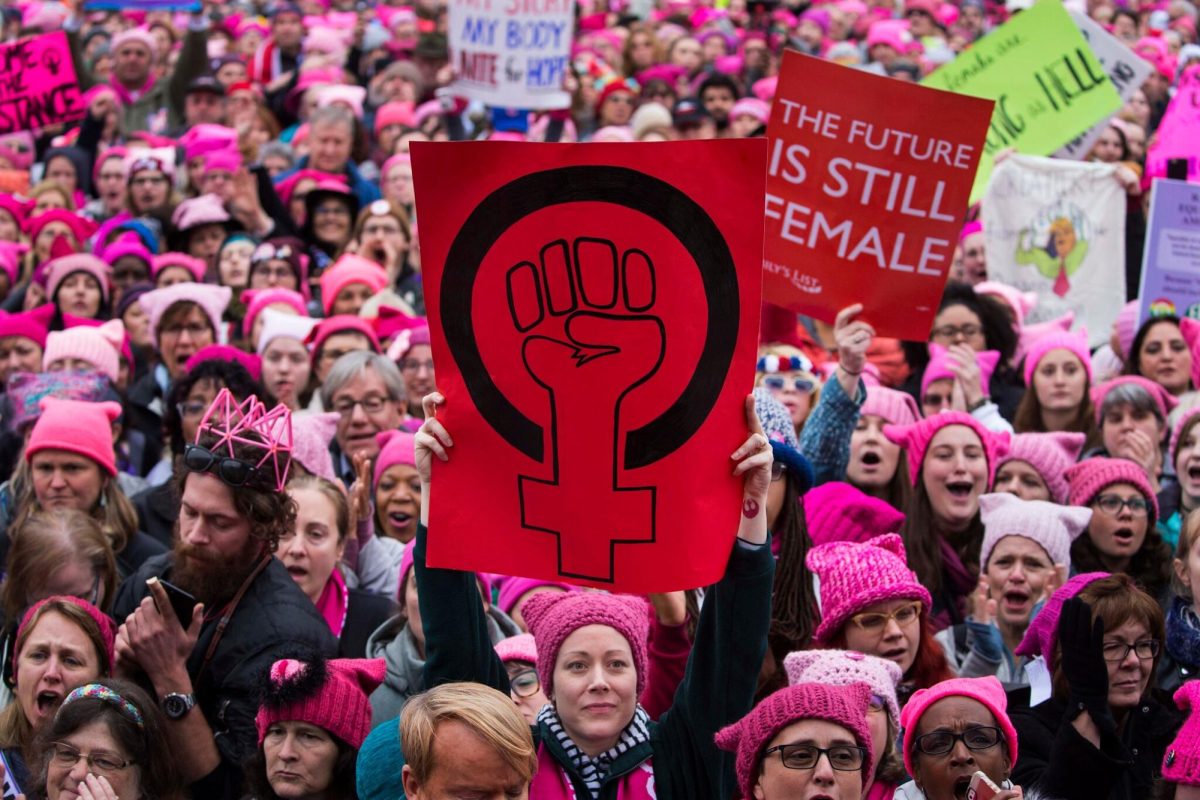Over the years, Randolph-Macon has implemented many changes within the institutional structure of the college that have benefited life on campus. We went from starting as an all-male institution to the student population being majority women. We went from a few blocks of campus to being spread out over 125 acres of Ashland, Virginia. However, college has always been college and students have always been the main focus of a higher education institution, so it is interesting to look back on RMC’s legacy and highlight some of the changes that have taken place over the years.
The Yellow Jacket Newspaper is now completely digital; however, a couple decades ago it was a printed publication that was released biweekly. This proved expensive and tedious, hence the online version you are reading right now. Luckily, we are pretty good at keeping track of old newspaper publications that detail the events and happenings of the RMC campus. This is a perk of journalism: you keep track of history that may otherwise end up forgotten and ignored.
Now, all of those versions and years would take hours to read and analyze, not to mention the writing part. So, let’s take a look at what Randolph-Macon was up to during this week in April of 2001.
The first notable portion of this publication is titled “A Modest Proposal: Social Uprising,” written by Contributor J.C. Armstrong. The section describes a declining and disappointing social scene at Randolph-Macon in 2001. It is safe to say that this sentiment has remained. Armstrong discusses the college’s efforts to discourage and restrict Greek organizations on campus. “Greek organizations, once able to support the social scene for the entire student body, are falling under increasingly restrictive regulations,” he wrote. This was one of the first things I noticed upon arriving at RMC. I had grown up watching movies about college and the social culture, only to be highly disappointed with our opportunities at RMC.
Armstrong makes multiple points amongst his piece arguing for the allowance of weeknight registered parties, stating that the school was robbing students of individual responsibility because a couple students “lack[ed] the discipline” to attend class after a social function during the week. Speaking from a current student perspective, I can say that students are partying on the weeknights anyway, just in private. This is a really interesting take on the issue. Additionally, he argues that fraternity parties are the safest way for students to party because the organizations are usually responsible during the events. “Fraternity houses come with their own security force to make sure no fights or disputes break out.” Again, I can attest to this as a student who has witnessed sketchy and problematic characters being removed from fraternity functions.
It is honestly refreshing to hear current students’ concerns being validated by previous students that experienced the same frustration. Randolph-Macon definitely attempts to cater to the social scene by hosting school-sponsored events, but that is not what the students want. Students did not want the school breathing down their necks then, and they definitely don’t now.
Another interesting section of this publication is the mention of a ‘Senior Week’ that would take place April 22nd-April 26th, 2001. This piece was written by Features Editor, Jamie Zeiters ‘04.
The event was hosted by the senior class of the Student Government Association. Starting with a picnic for all campus to attend, the seniors would have a week filled with events and appreciation for their hard work. The following Tuesday, Zeiters described a banquet where seniors were treated to a sit-down dinner and voting for Senior Superlatives. Wednesday and Thursday consisted of an Honors Convocation and Senior Survival Seminar with dinner served. The week concluded with a senior party from 8pm-12am on Friday. Transportation was even provided to the party for attending seniors.
Reading about this event made me feel nostalgic, and I am not even graduated yet! It is amazing how all of the senior class came together to appreciate and celebrate each other in such an inclusive manner. As far as I know, the school does not have an event like this today. Instead, they offer the Senior Celebration, which will take place on May 17th, 2024. It would be cool to see something like the 2001 Senior Week implemented for graduating students that really recognizes their achievements over the last four years.
Overall, while the campus has been updated with new buildings and organizations on campus, a lot of the same attitudes and college-style living concerns remain today as they did. Does this mean that the school really has not changed as much as we think? Are we all still the same young adults that are figuring out how to survive on our own? There may be more than one right answer, but I do know that the student voice has not been dulled and is the only way to ensure healthy communication throughout the RMC campus.
